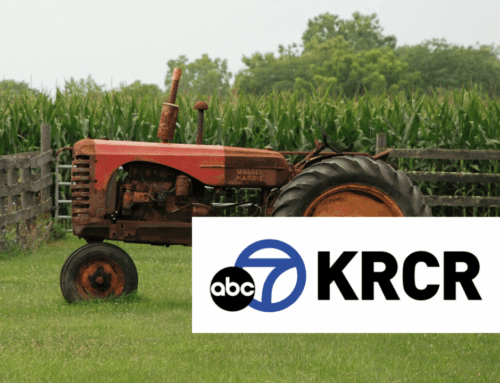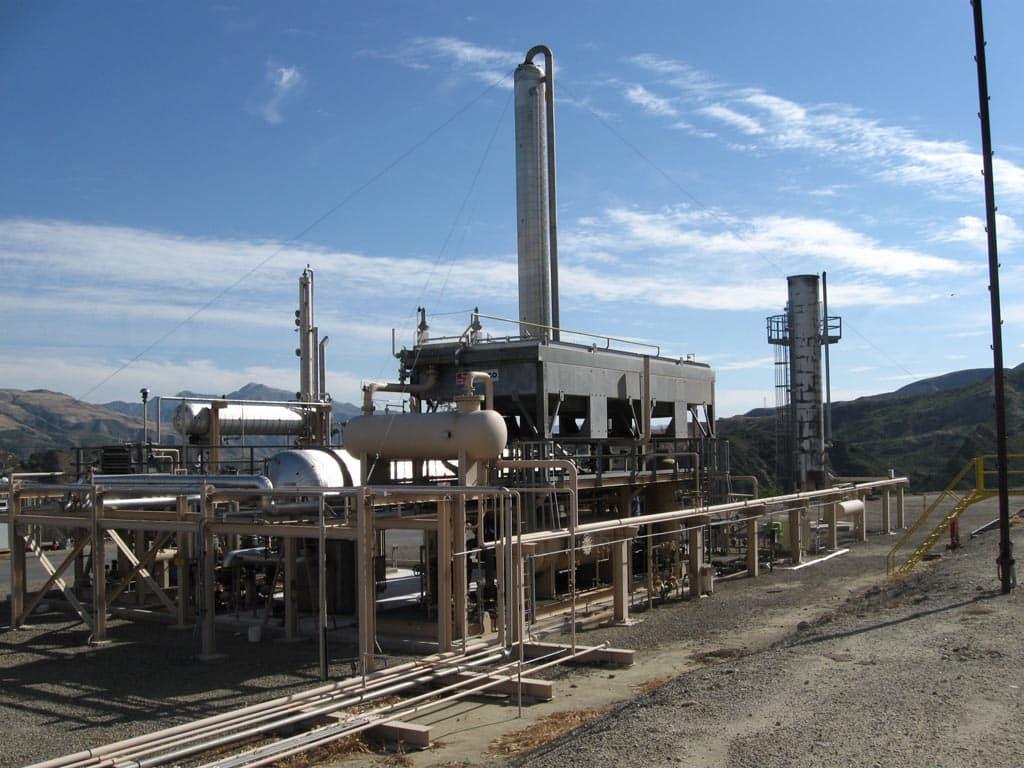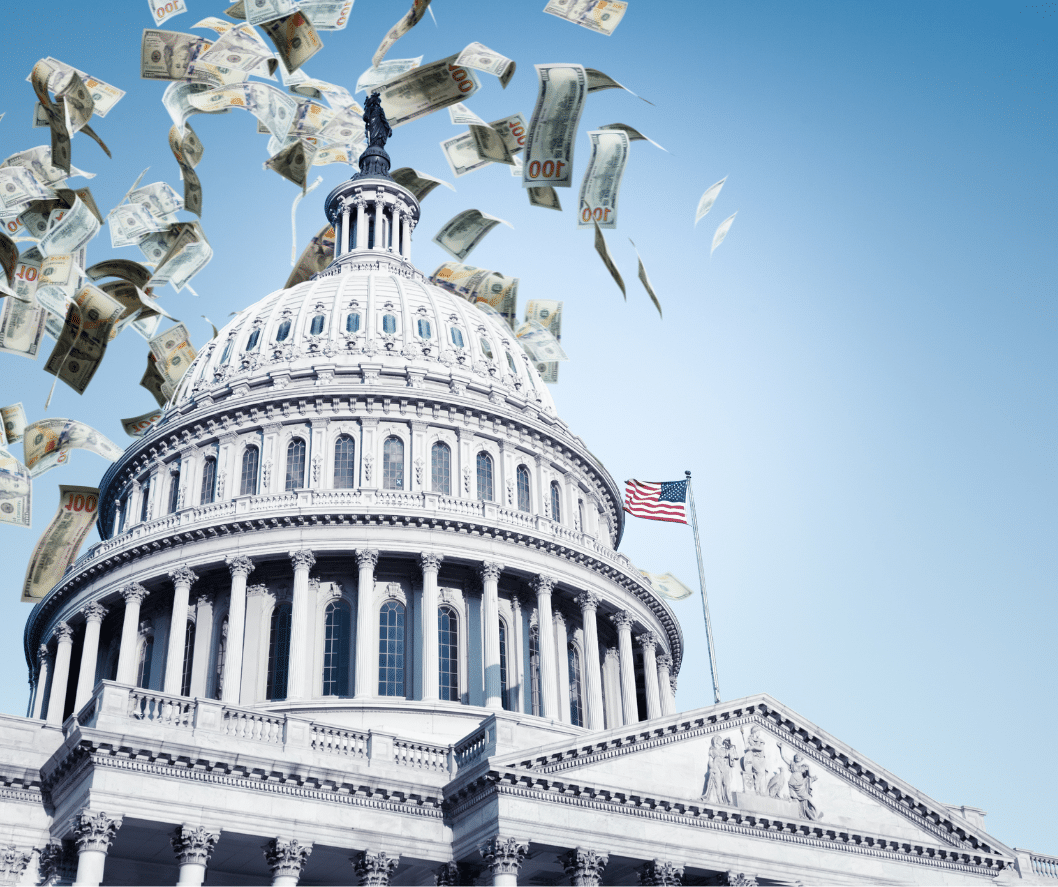Editor’s Note: This edition of Morning Transportation is published weekdays at 10 a.m. POLITICO Pro Transportation subscribers hold exclusive early access to the newsletter each morning at 6 a.m. To learn more about POLITICO Pro’s comprehensive policy intelligence coverage, policy tools and services, click here.
QUICK FIX
— The second-in-command of the FAA’s aviation safety office is retiring after more than 30 years at the agency.
— The sparring continues between airlines and airports over the Passenger Facility Charge.
— The nonpartisan budget watchdog Taxpayers for Common Sense wants policymakers to answer a simple but far-reaching question: What do they want to accomplish with an infrastructure bill?
IT’S TUESDAY: Thanks for tuning in to POLITICO’s Morning Transportation, your daily tipsheet on all things trains, planes, automobiles and ports. Much obliged to Stephanie and Brianna for filling in last week, but I’m back and you can reach me with feedback, tips or song lyric suggestions at smintz@politico.com or @samjmintz.
LISTEN HERE: Follow MT’s playlist on Spotify. What better way to start your day than with songs (picked by us and readers) about roads, rails, rivers and runways?
** A message from the Association of American Railroads: Missed RailxTech yesterday? Never fear – the railroads are still here (actually, we’ve been here for 200+ years)! Today is Railroad Day on Capitol Hill. Railroaders from across the country are walking the halls of power discussing how freight rail fuels the U.S. economy. Learn how rail delivers for America.**
AVIATION
AN FAA LIFER STEPS DOWN: The second-in-command at the FAA’s aviation safety office will retire at the end of the month. The official, John Duncan, has only been in the position of deputy associate administrator for aviation safety for about a year, our Brianna Gurciullo reports. He’s worked at the agency in various capacities since 1986.
His boss, Ali Bahrami, and the office as a whole have been under scrutiny since the deadly crashes of two Boeing 737s in the last few months, in particular for the practice of delegating safety analysis to Boeing.
TBD: A date still hasn’t been set for the Senate Commerce Committee’s next Boeing 737 MAX hearing, Chairman Roger Wicker (R-Miss.) told MT on Monday evening. Wicker added that he expects next week’s House Transportation Aviation Subcommittee hearing on the MAX to be “somewhat like” the hearing that the Senate Aviation and Space Subcommittee held in March.
IT’S AIRPORTS V AIRLINES AGAIN ON FEES: The sparring continues between airports and airlines over whether it’s necessary to raise the cap on the Passenger Facility Charge, a fee paid by passengers that goes toward airport capital improvements. Peter DeFazio (D-Ore.), chairman of the House Transportation Committee, has said he plans to introduce legislation which would raise an existing $4.50 cap per passenger.
Airlines for America outlined five new reasons on Monday why they oppose an increase. Among the arguments are that airports already benefit from the trust fund for aviation spending and also have revenue from other sources, as well as that rural passengers would pay more (because the fee is charged per flight segment) and that an increase would hit families (and the economy in general) hard.
The American Association of Airport Executives shot back, noting that data released Monday by DOT found that airlines collected more than $1.2 billion in baggage fees during the fourth quarter of 2018, bringing ancillary fees for the year to a total of $7.6 billion. “While airlines pile up record fee collections from passengers for so-called ‘optional’ services like taking a bag for a trip, they vigorously fight modest proposals that would upgrade airports and other aviation infrastructure,” said AAAE CEO Todd Hauptli.
Where it stands: The PFC will likely be part of the broader debate over infrastructure, as DeFazio pushes his proposal. Whether it will pick up enough Republican support to pass through Congress remains to be seen, although some conservatives have backed it as a true user fee.
DISASTER IN RUSSIA: The crash of an Aeroflot jet in Moscow Sunday, which killed 41 people, could be a crushing blow to Russia’s aviation industry, POLITICO Europe’s Saim Saeed reports. The Sukhoi Superjet 100 was a “final effort to keep the country’s civil aviation heritage alive,” Saim writes. But the airplane’s launch was rife with controversy, and the latest crash will add to global concerns.
The Association of Flight Attendants mourned the death of Maxim Moiseyev, a crew member who died in the Moscow crash, and paid tribute to other members of the crew who helped save 37 people on the flight.
INFRASTRUCTURE
$2 TRILLION OF WHAT? Taxpayers for Common Sense, a nonpartisan budget watchdog group, isn’t wowed by the vague but optimistic noise coming out of the White House and Congress on a potential infrastructure deal. “All we have is really a number,” said TCS’ Steve Ellis on a call with reporters Monday, after the president and Democratic leaders agreed to work on a $2 trillion infrastructure package last week.
“I think that it’s really important that you figure out what we want to accomplish with any infrastructure investment. We need to prioritize our spending and that’s something that is not really happening hardly at all,” Ellis said. “Nobody has really laid out a plan, and certainly not a plan to pay for it or even pay for part of it.”
FLORIDA BRIDGE COLLAPSE UPDATE: NTSB has lifted its investigation-related restriction on releasing public records connected to a 2018 pedestrian bridge collapse in Florida, POLITICO Florida’s Matt Dixon reports. Though the NTSB’s ban has been lifted as of Monday, some records will still be limited because of ongoing lawsuits and investigations.
AUTOMOBILES
WILL THERE BE A PICKET LINE? Uber and Lyft drivers are planning a two-hour strike in major cities around the world on Wednesday, timed to disrupt the morning rush hour a day before Uber is expected to go public with an IPO. As The Verge reports, the driver stoppage will take place in New York City, Philadelphia, Boston, and Los Angeles as well as several cities in the U.K. Workers are demanding “fewer driver deactivations, an end to upfront pricing, and a cap on the per-fare commission taken by ride-hail companies,” per the story.
At least one presidential candidate has already weighed in. “People who work for multibillion-dollar companies should not have to work 70 or 80 hours a week to get by,” said Sen. Bernie Sanders (I-Vt.) in a Friday Tweet. “I stand with the Uber and Lyft drivers going on strike on May 8.”
GETTING CONNECTED: Anheuser-Busch is the first company to join the City of New York’s Connected Vehicle Pilot, for which it will equip its fleet in the area with technology to test driver alerts and other safety measures. Read more from the company here.
INSIDE THE AGENCIES
TO DO LIST: The Government Accountability Office has added six new priority recommendations for the DOT, bringing the total number outstanding to 16. The new priorities are connected to safety risks related to positive train control implementation, FTA’s transition to a state safety oversight model, and improvements to DOT’s cybersecurity infrastructure. You can read the full report here.
LOBBY WATCH
Last week, autonomous vehicle company Aptiv PLC signed up David Hill and his firm Hill Impact to lobby on vehicle Safety, connected vehicles and autonomous vehicle technology. Also, Aviation Specialties Unlimited, a night vision goggle producer, hired the Roosevelt Group to work on the issue of night vision usage in fighting forest fires.
SHIFTING GEARS
Devon Barnhart is joining the OneRail Coalition, a group representing more than a dozen passenger and freight rail companies, associations and unions as deputy director. She comes from Capitol Hill, where she was staff director for the transportation and safety subcommittee on Senate Commerce. Also, Julie Domike and Gina Falaschi are joining the law firm Babst Calland, where they’ll be working on mobility and transportation issues. Both last worked at Haynes and Boone, and Domike is a former branch chief at the EPA.
THE AUTOBAHN
— “No survivors found in Mexico crash of jet carrying 13 people.” Reuters.
— “Recent airline crashes run against trend toward safer flying.” Associated Press.
— “Study: It’s past time the D.C. region transform its bus network.” Washington Post.
— “In Russian plane crash, investigators look at pilot error, equipment failure and weather.” New York Times.
— “Uber loses an average of 58 cents per ride — and says it’s ready to go public.” CBS News.
THE COUNTDOWN
DOT appropriations run out in 146 days. The FAA reauthorization expires in 1,607 days. Highway and transit policy is up for renewal in 513 days.
** A message from the Association of American Railroads: We were here yesterday for RailxTech, we’re here today for Railroad Day on Capitol Hill and we’ll still be here 100 years from now. Why? Because America’s railroads spend billions of dollars annually to build the freight transportation network of the future. What does America get out of it? A cleaner environment, a cost-effective solution to get goods to market nationally and beyond, and a boost in economic activity that amounted to nearly $220 billion in 2017 alone. Learn how freight rail works for you **










